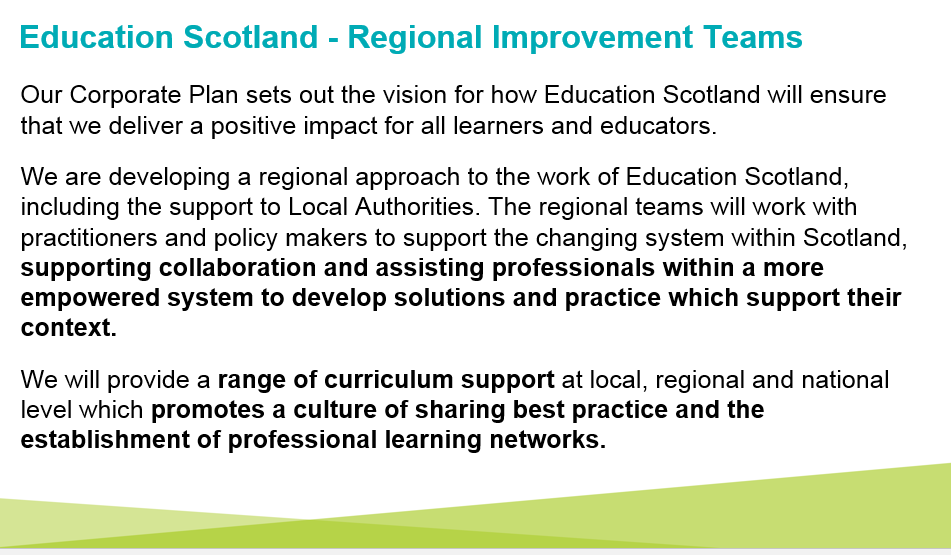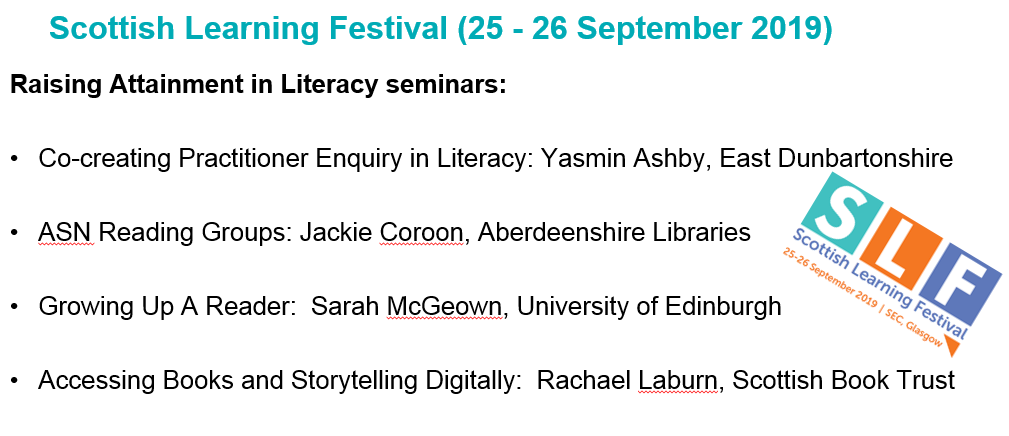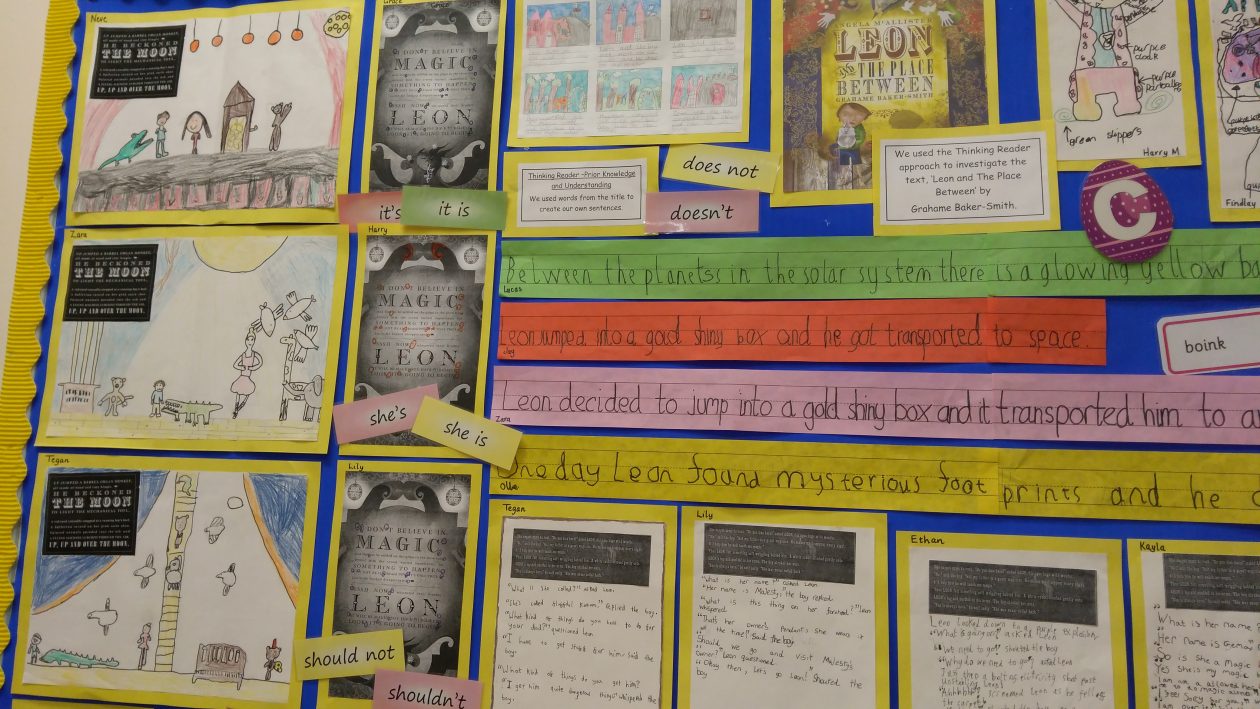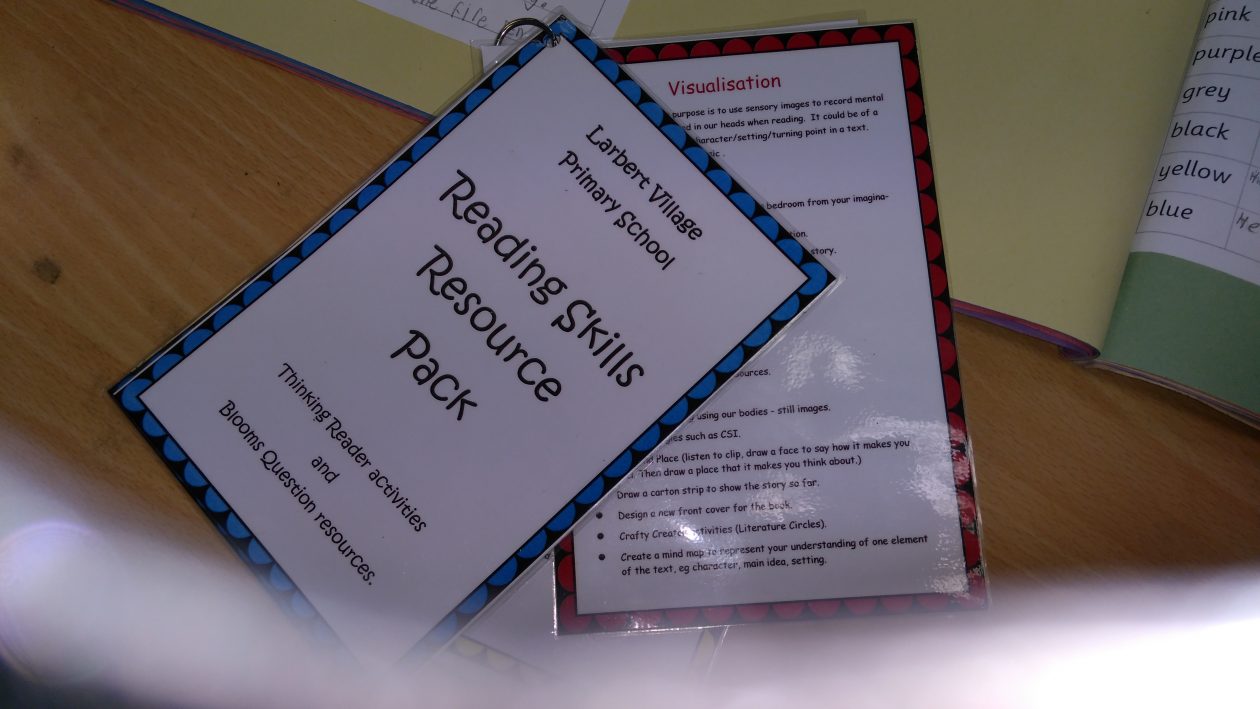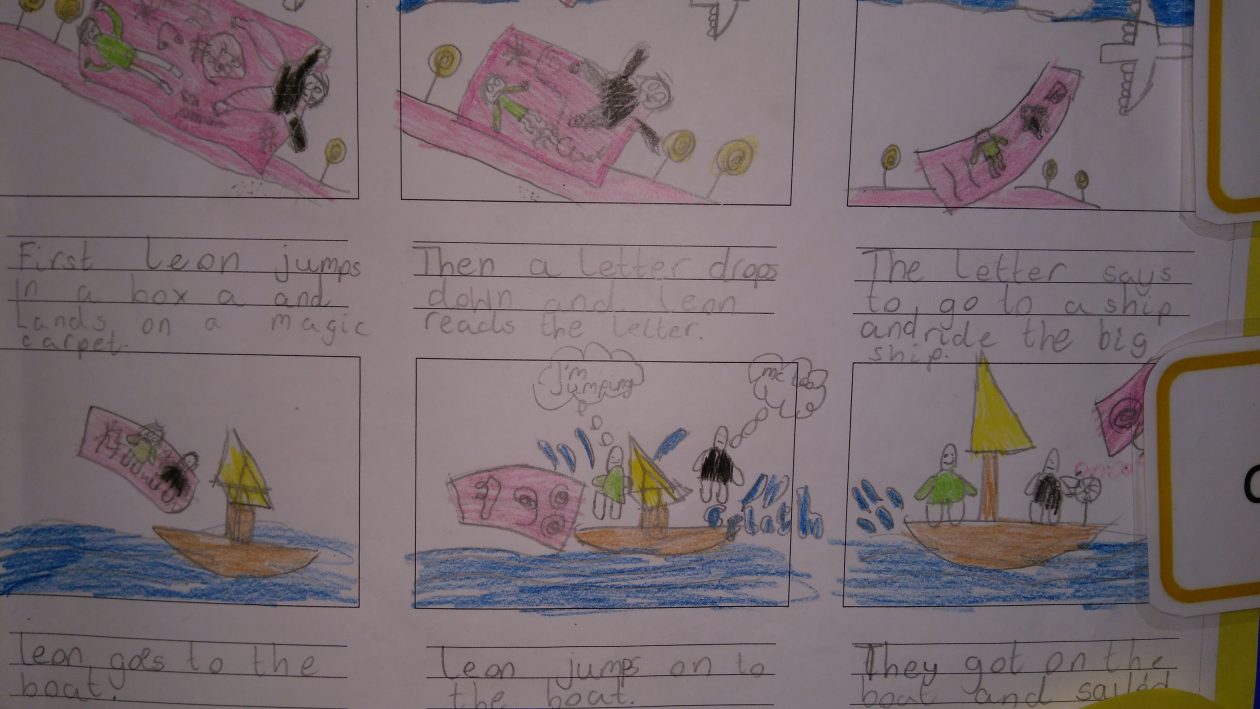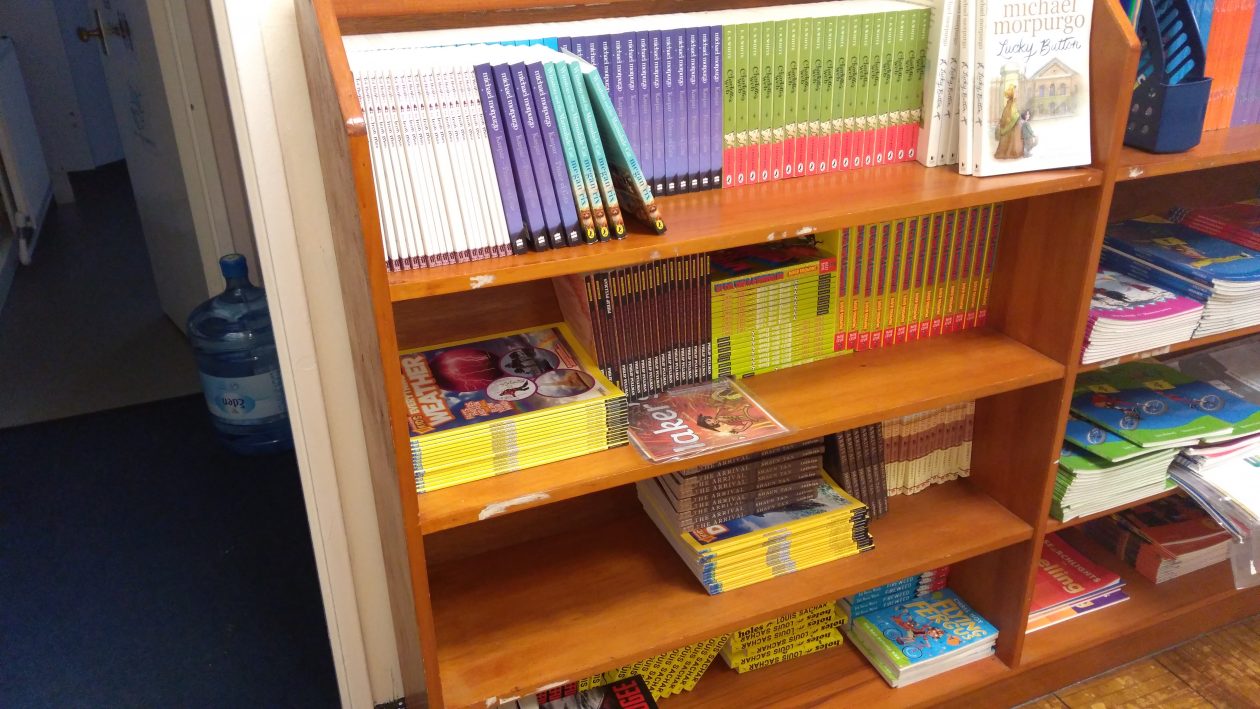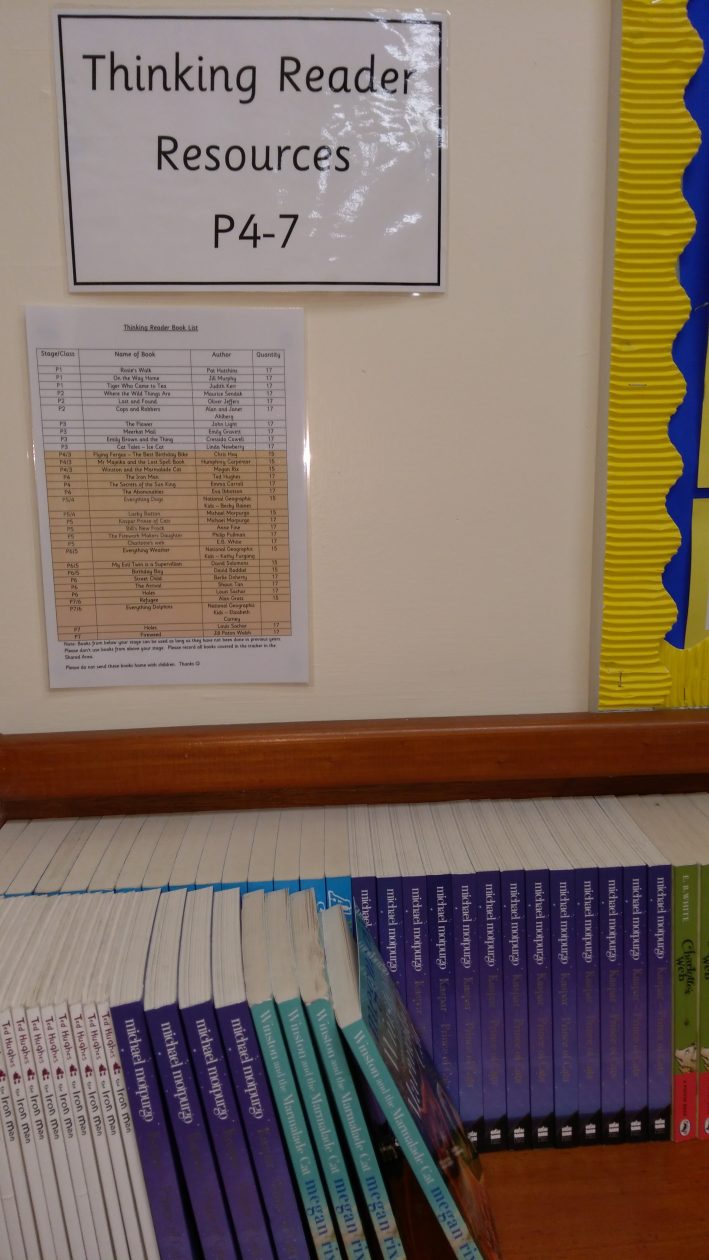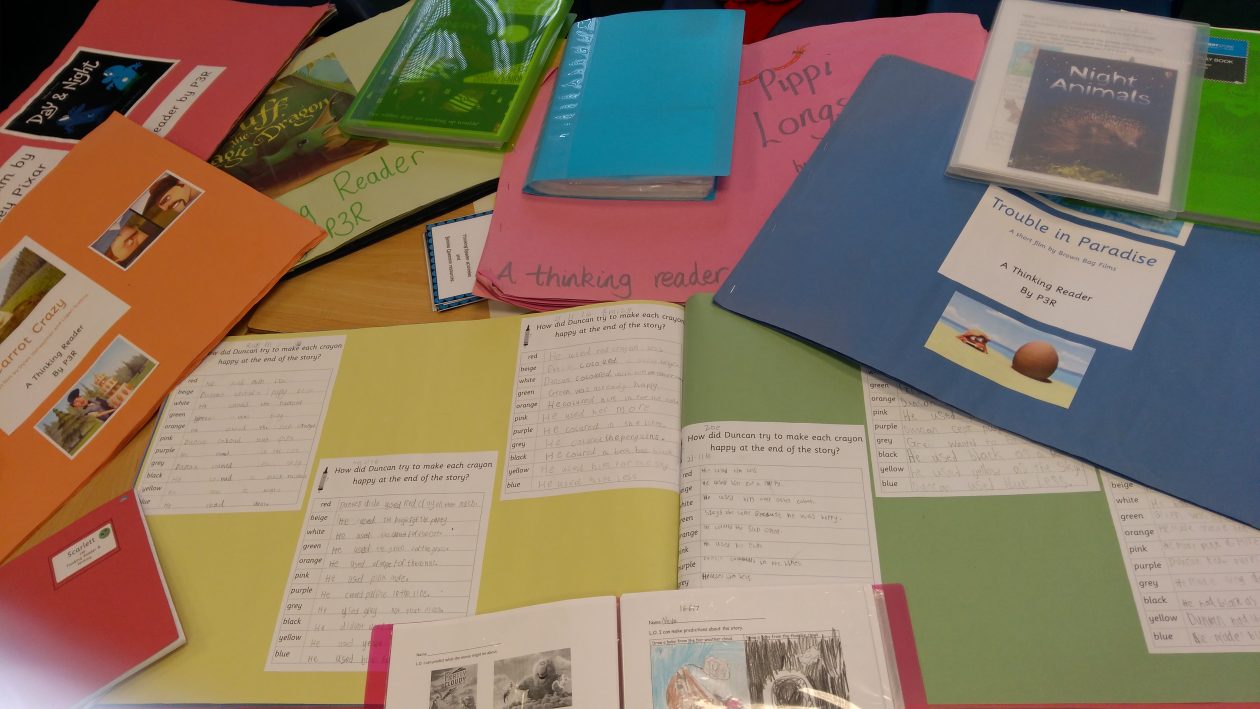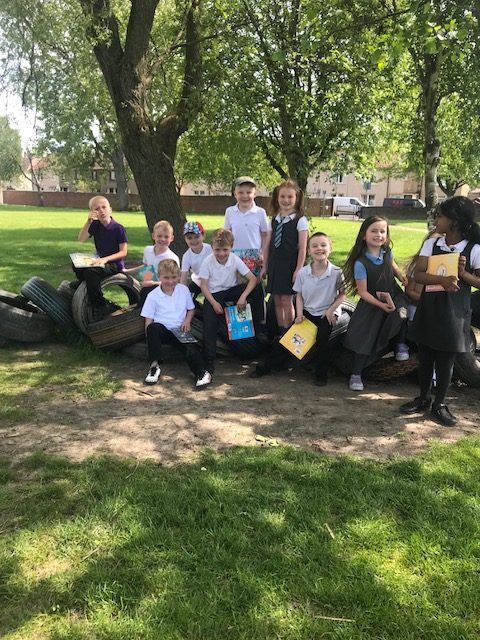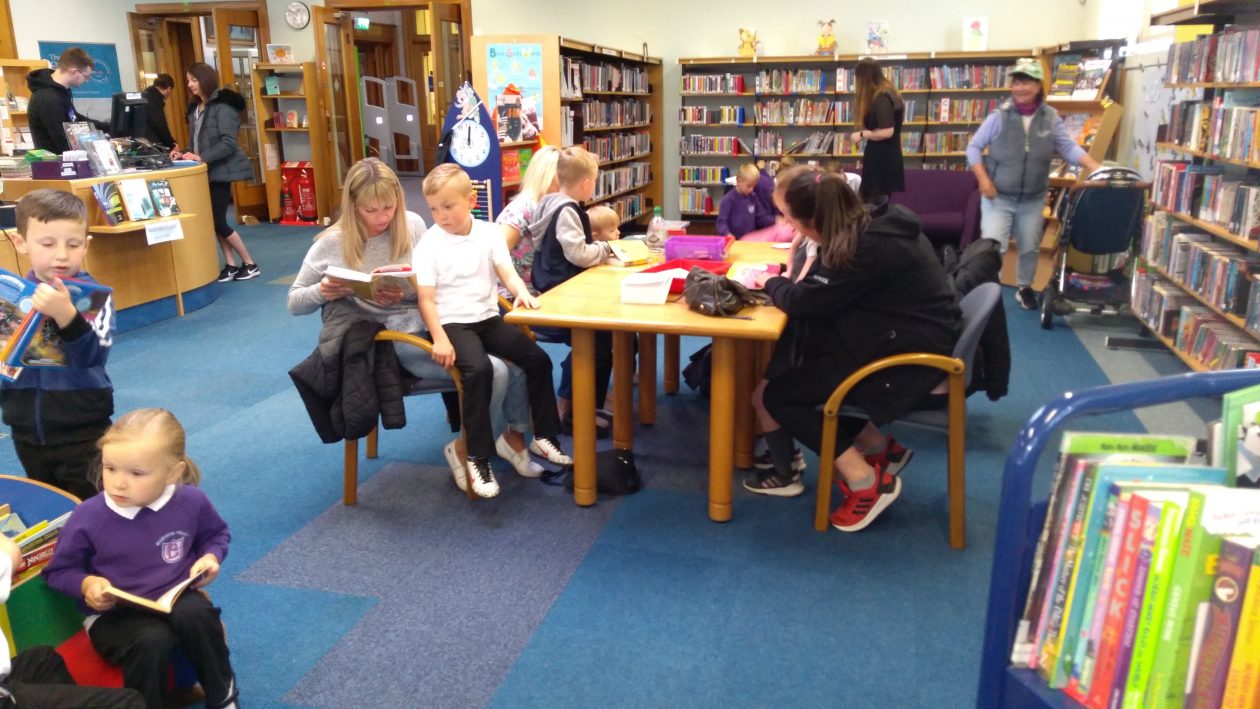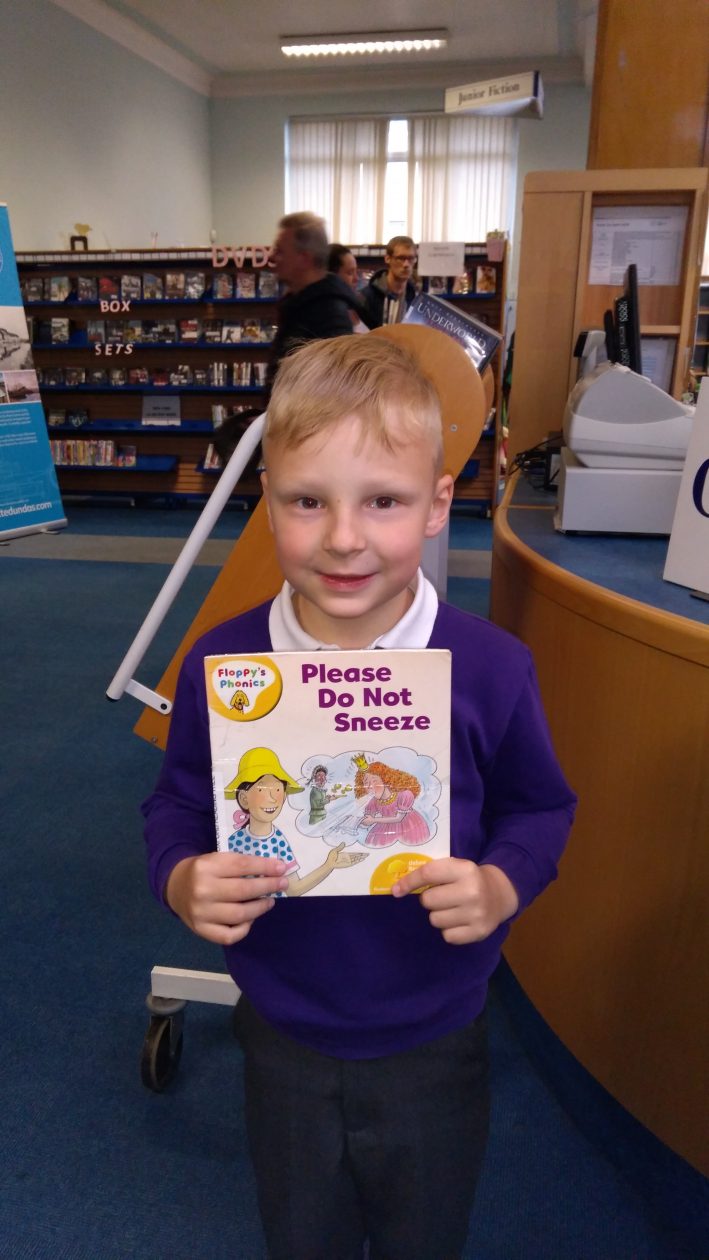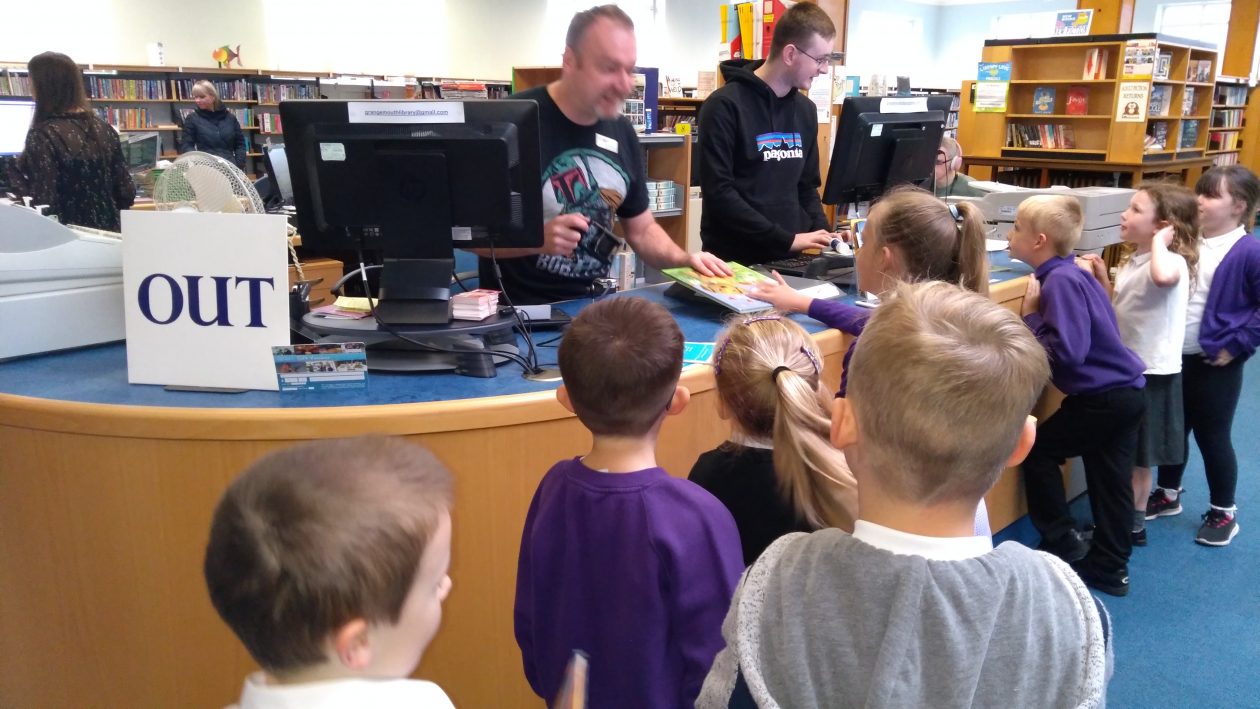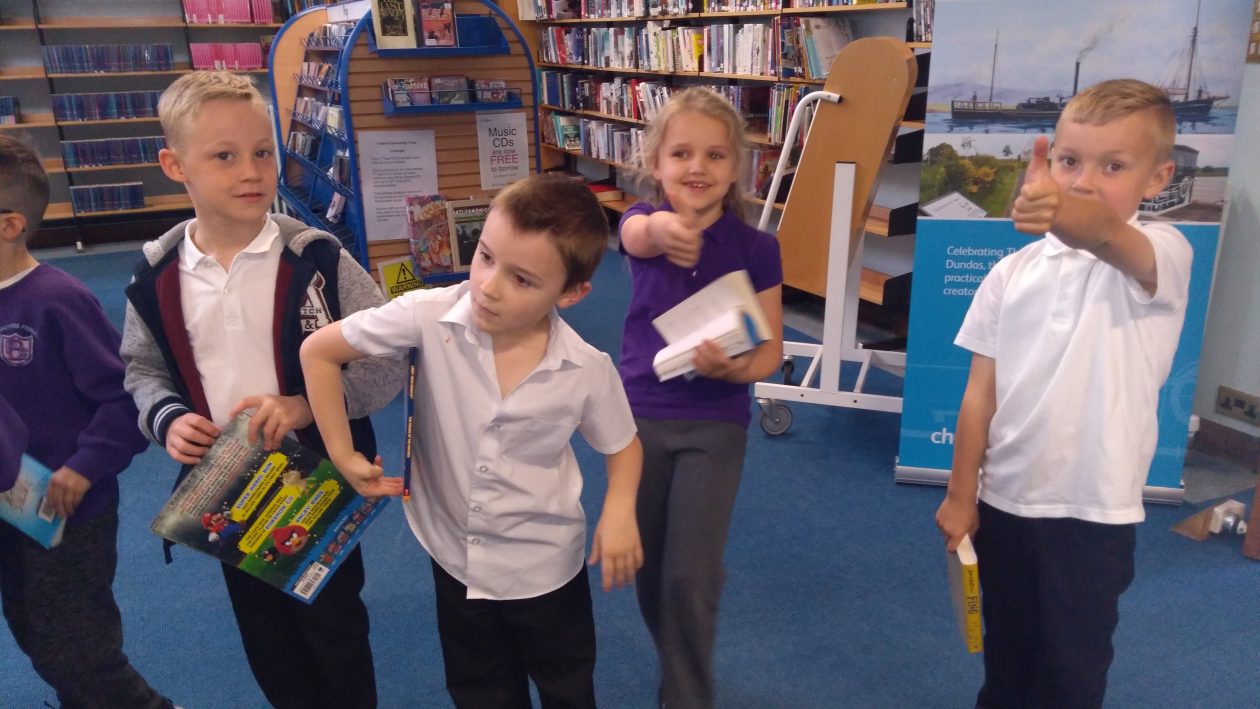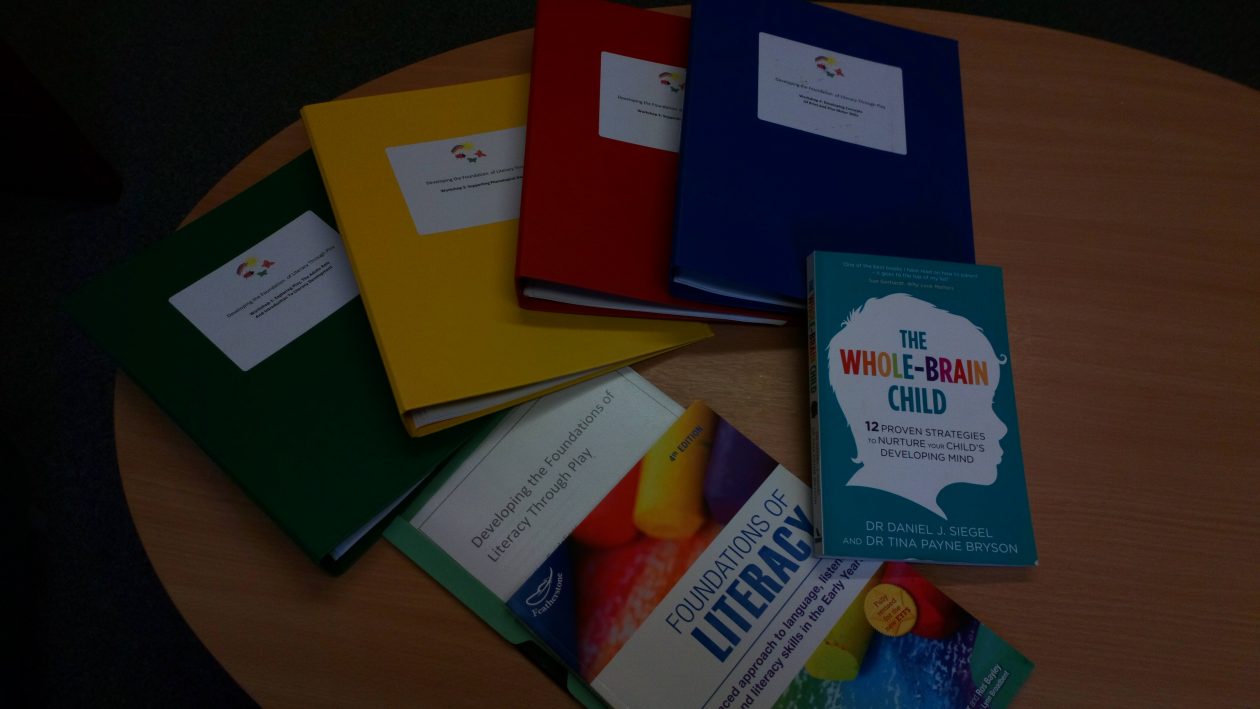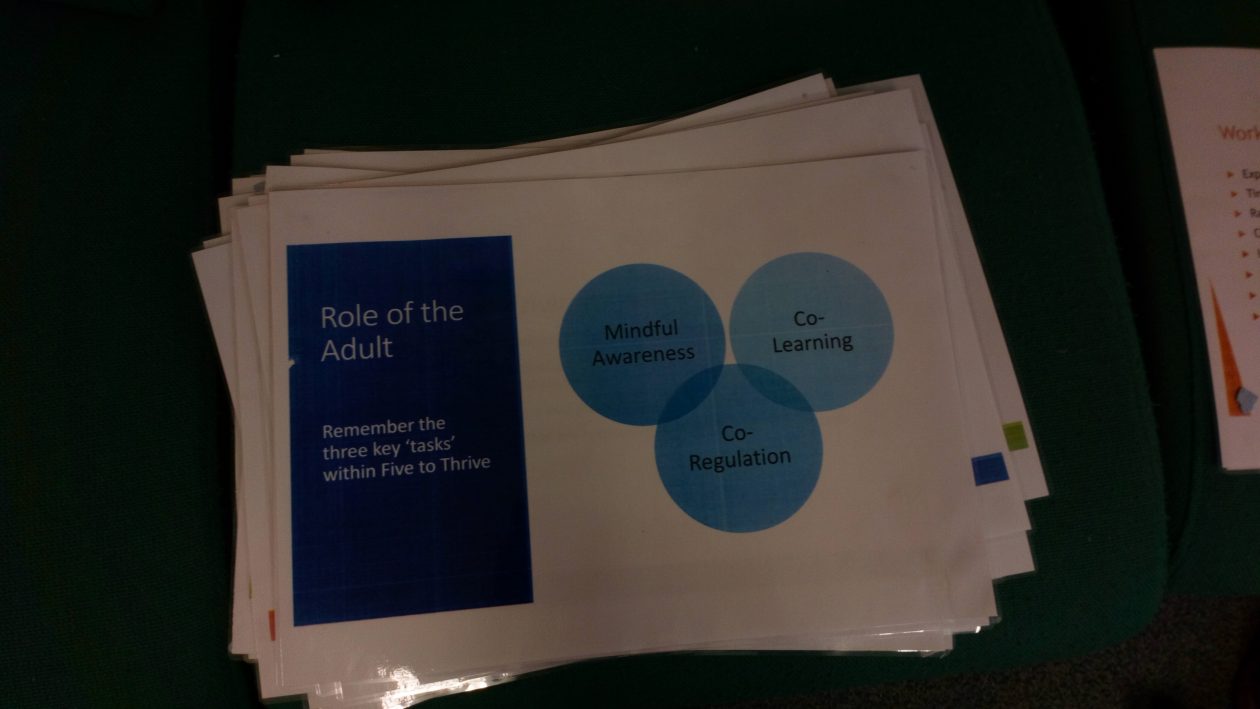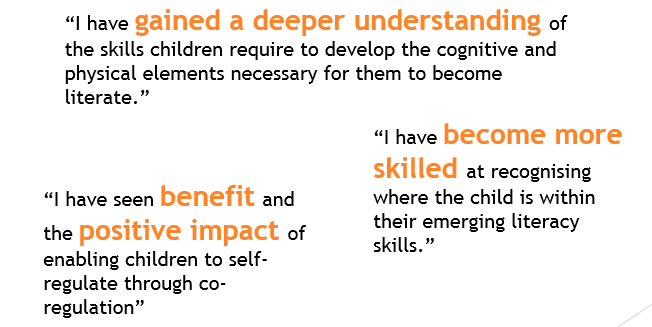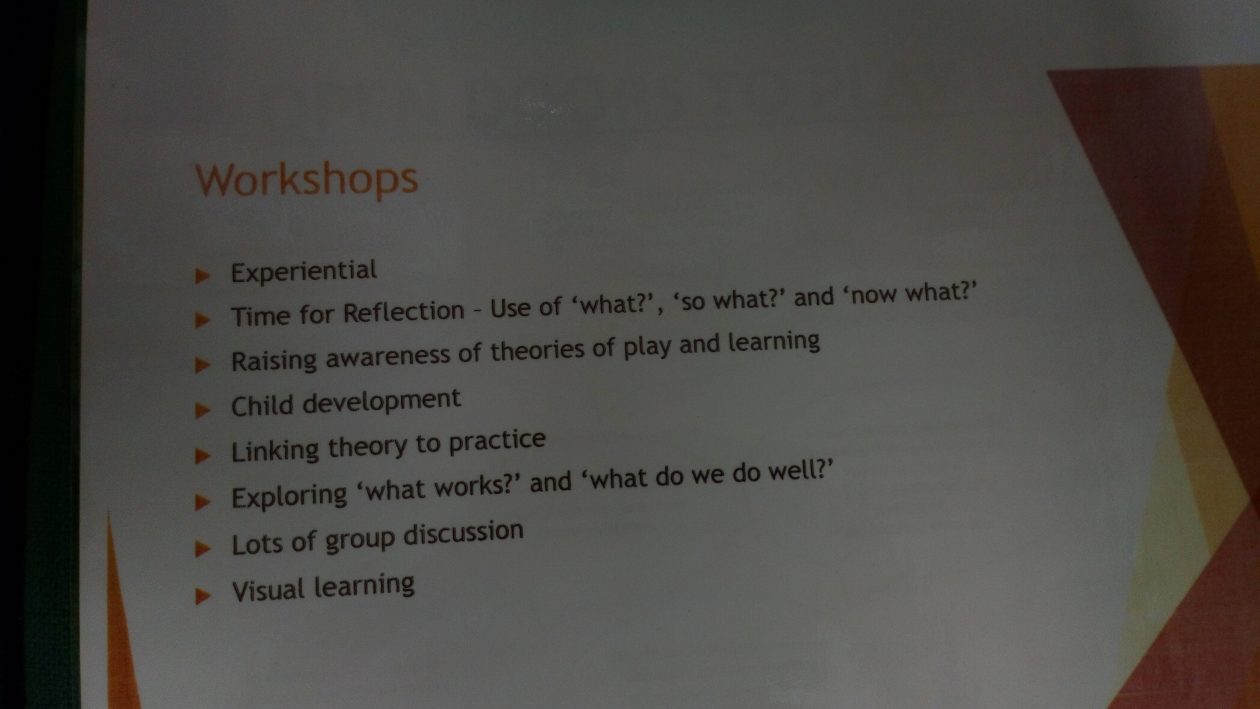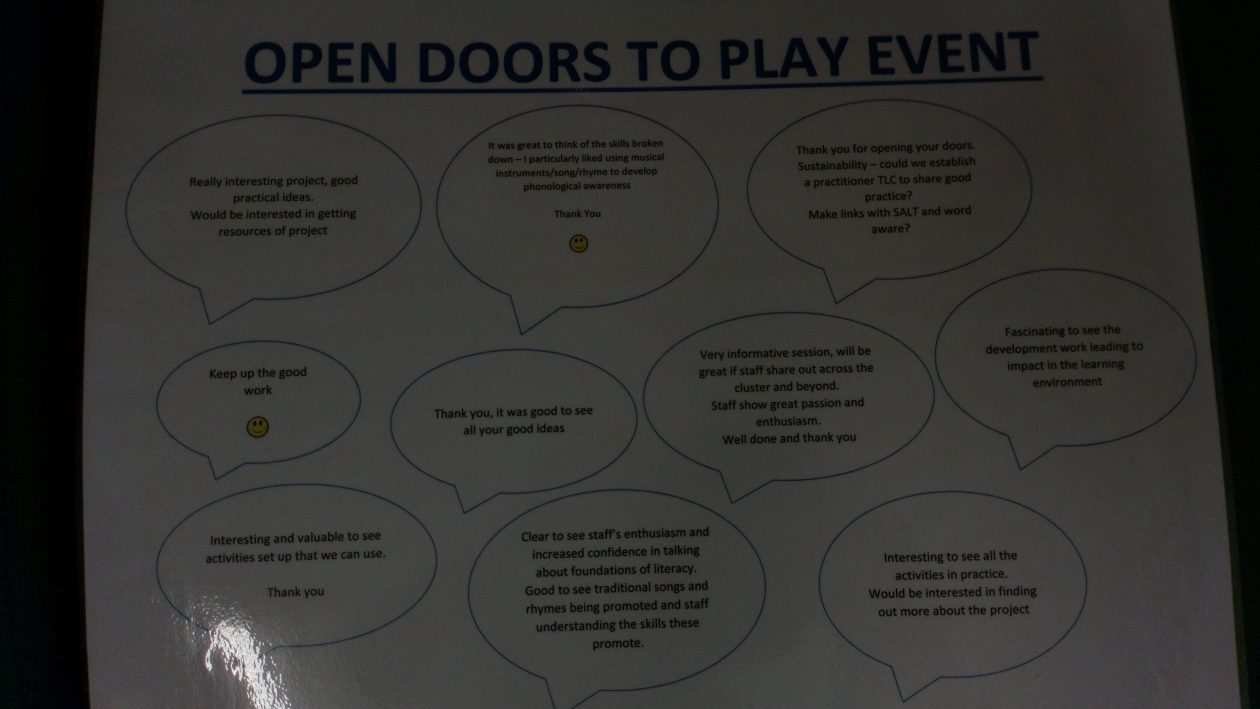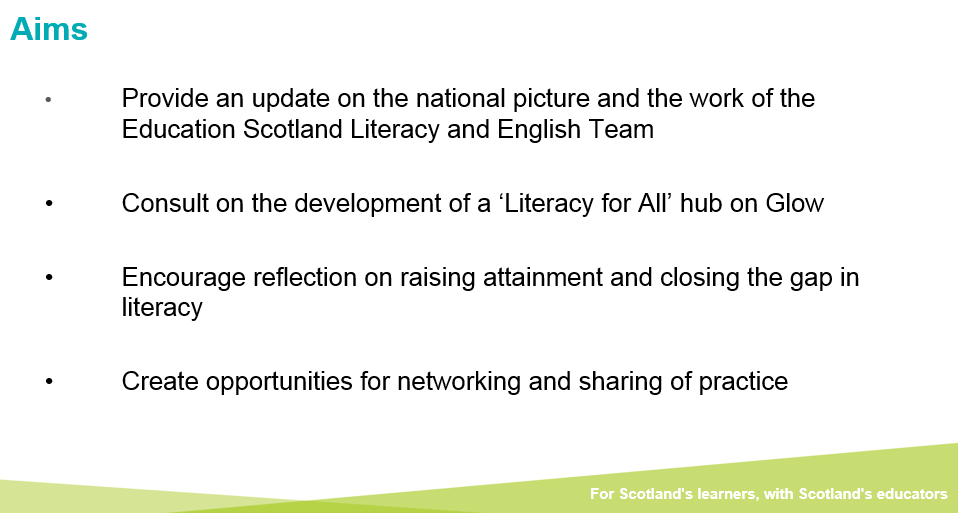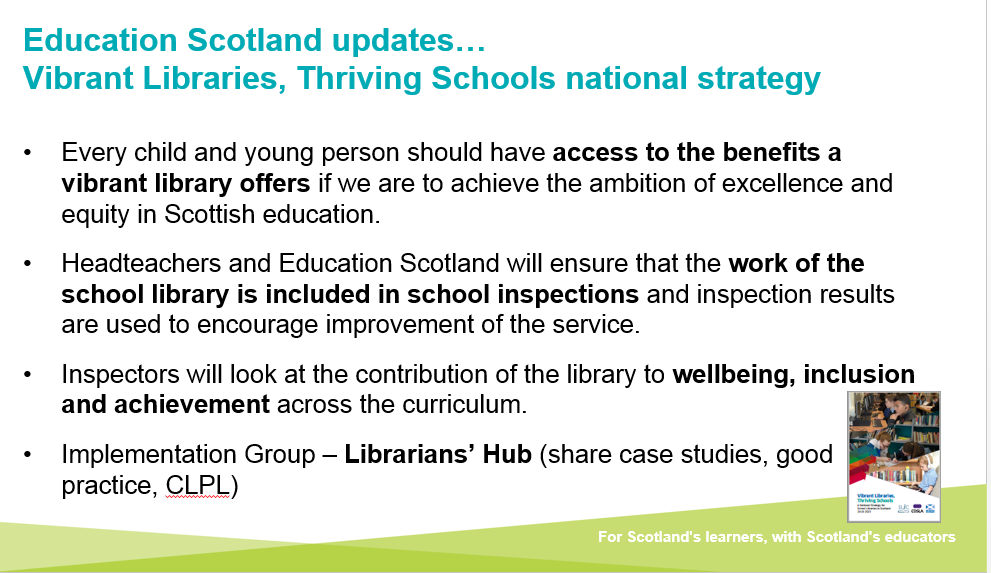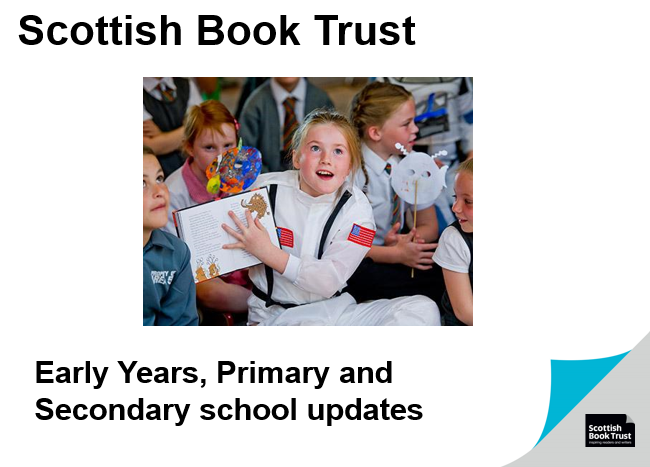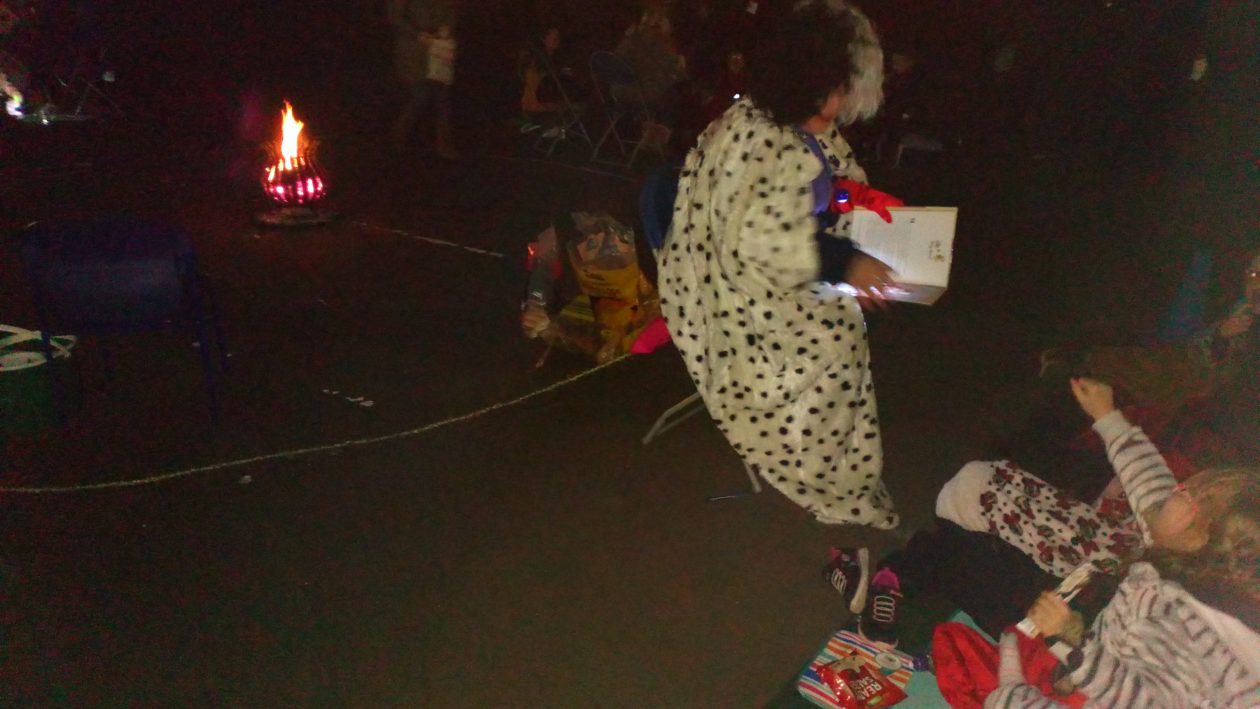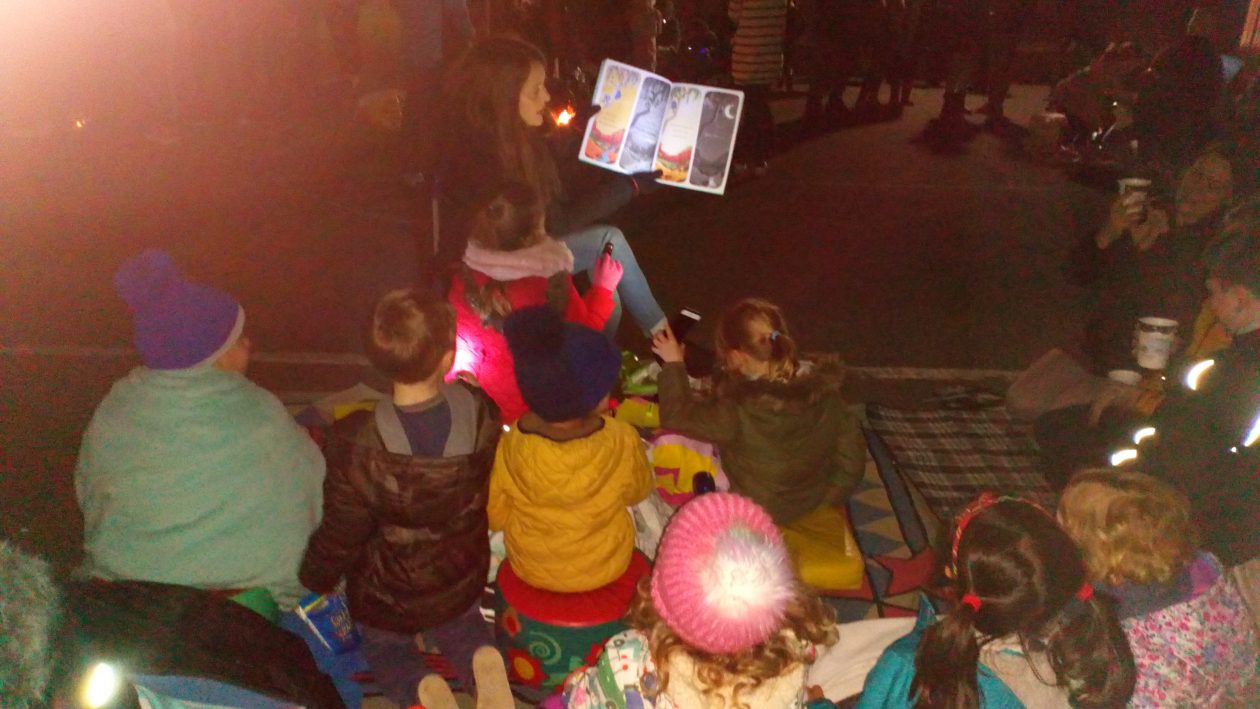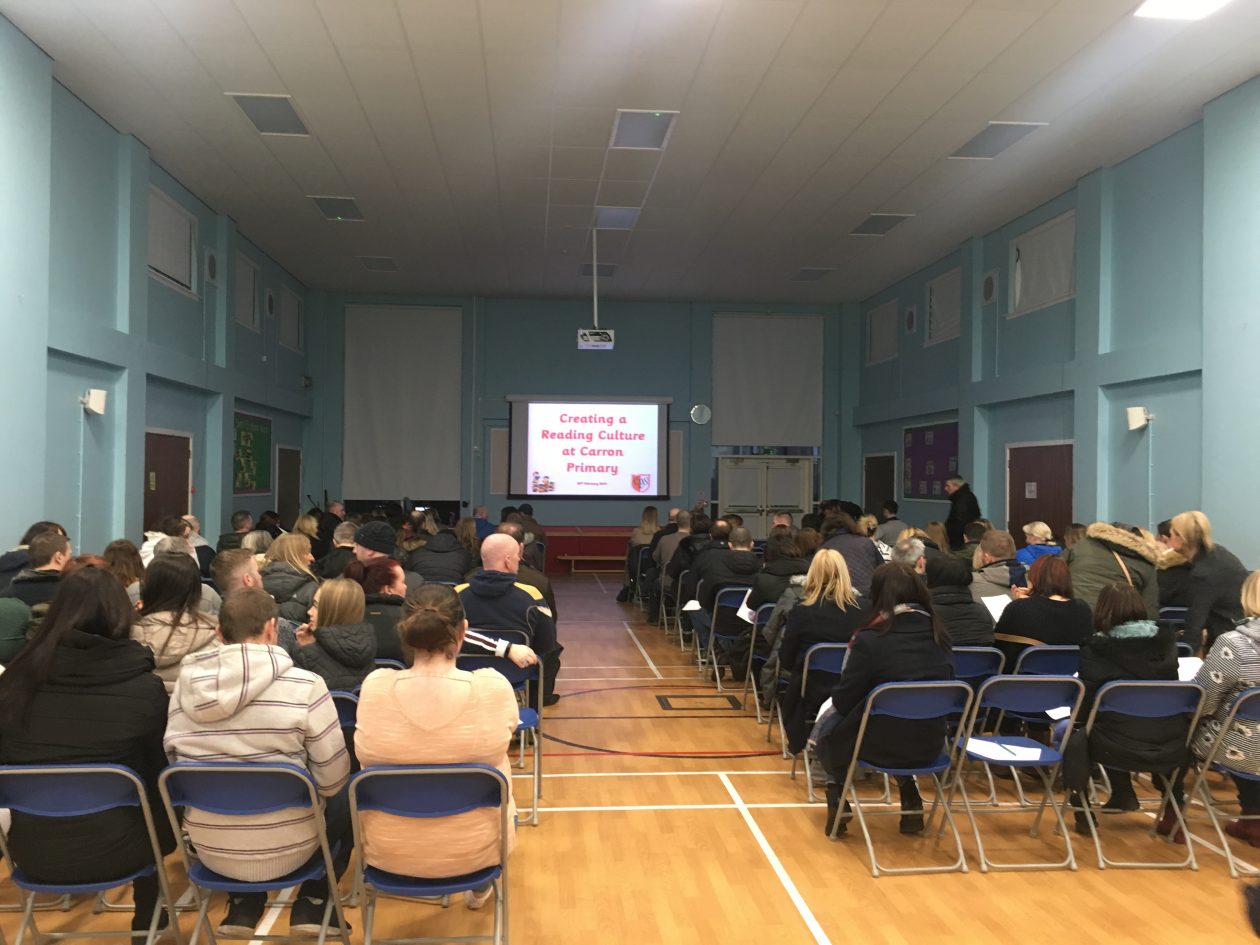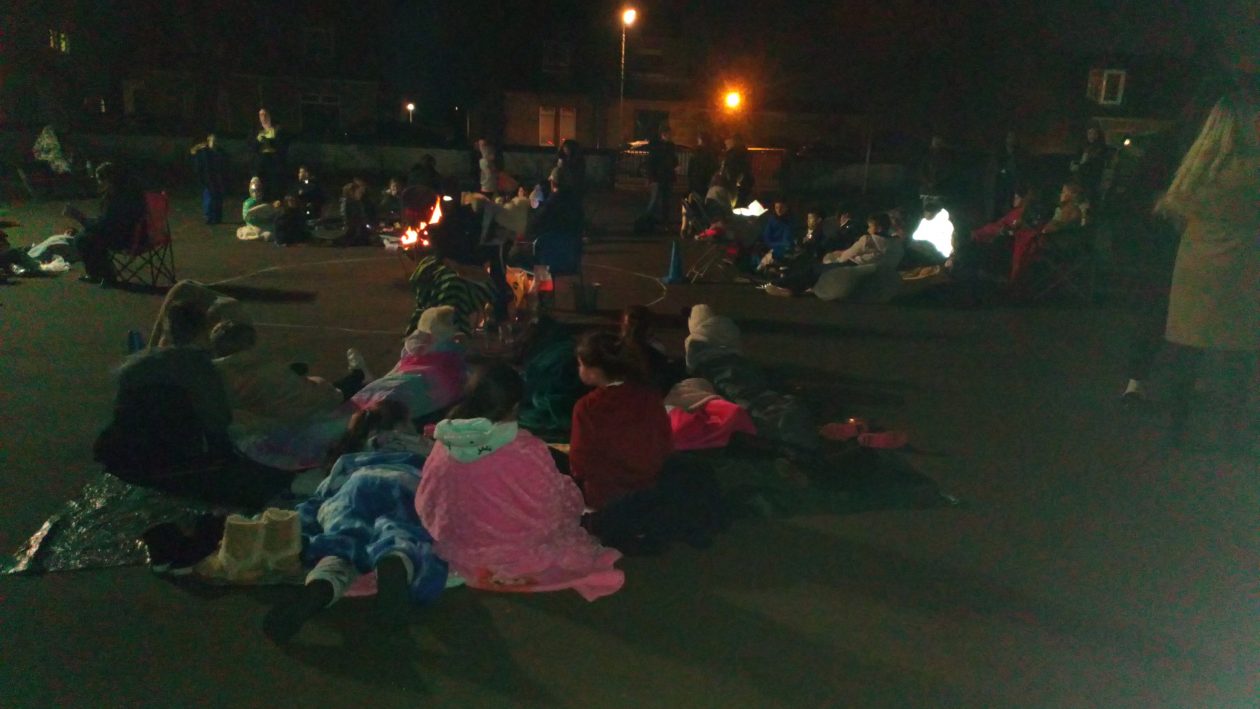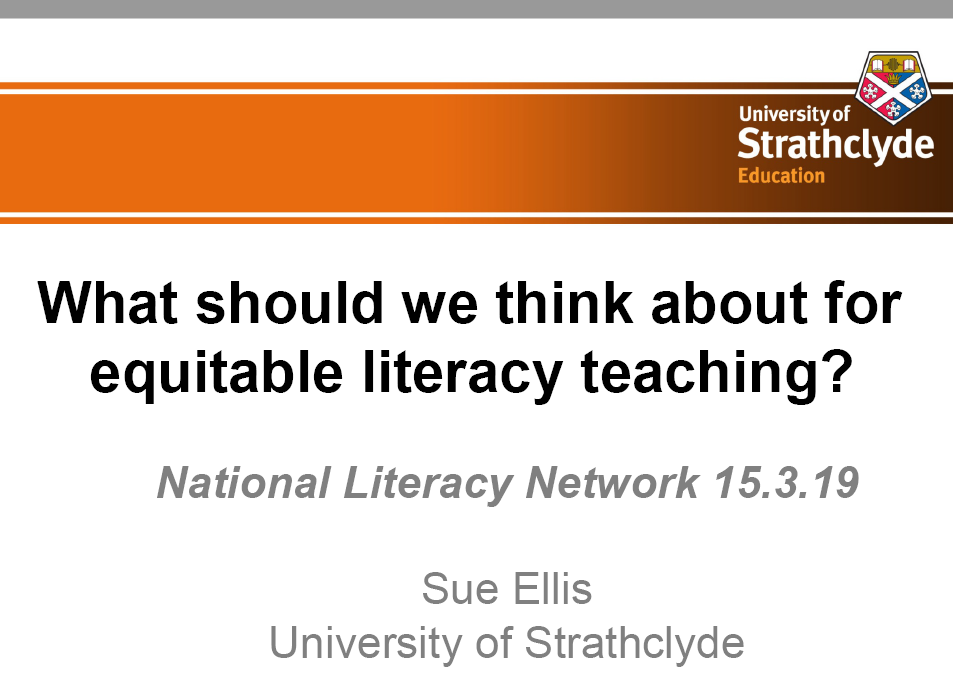
Professor Sue Ellis, University of Strathclyde, addressed the Education Scotland National Literacy Network audience with a seminar entitled “What should we think about for equitable literacy teaching? Click here to find out more about Sue & her research, and here to see her presentation. Yvonne McBlain has summarised her key points below:
Why is Literacy teaching so hard to get right? Two problematic areas – each with implications:
• Literacy is a social practice and reading is a habit of mind and language, not just autonomous knowledge and skills
• In progressing learning, teachers work to a broad horizon, not a linear track so pathways to progression vary – children will get there in different ways.
Literacy as a social practice:
- Literacy and numeracy – all learning – is shaped by families and communities
- What we learn depends on what we think something is for – is it about pleasure & relaxation, work, or just irrelevant?
- How we engage depends on how familiar or unfamiliar something appears
- How quickly we ‘learn’ depends on how we engage & on how well the differences between the familiar and unfamiliar are bridged – this is intellectual, social & emotional
- Schools make assumptions and often need stronger and more careful bridge-building
- For many children from low literacy backgrounds school is their main literacy experience: they learn what we teach.
- So what do we teach? Is reading about pleasure & relaxation? About ‘having a go and being
adventurous?’ About making different meanings & thinking new thoughts? About connecting reading to life? Or is it about worksheets & getting it right? Reading texts only if you know all the words and the sounds? Does the way we teach reading define & grade, or does it create friendships & laughter?
- Schools can make assumptions and can also skew the focus (Ellis 2018)
Language as a habit of mind/ the pedagogy of poverty
Sue suggested that some phonetic approaches might present literacy/reading as a right/wrong or isolated and disconnected activity which lacks relevance and seems confusing to children. She encouraged consideration of teaching approaches which help children “think across the text”. Sue described how important being read to was, and advocated the use of good picture books (particularly with early readers), listening and talking about texts and reading beyond the current capability of the child.
Sue quoted Martin Haberman:
“Before we can make workers, we must first make people, but people are not made – they are conserved and grown”
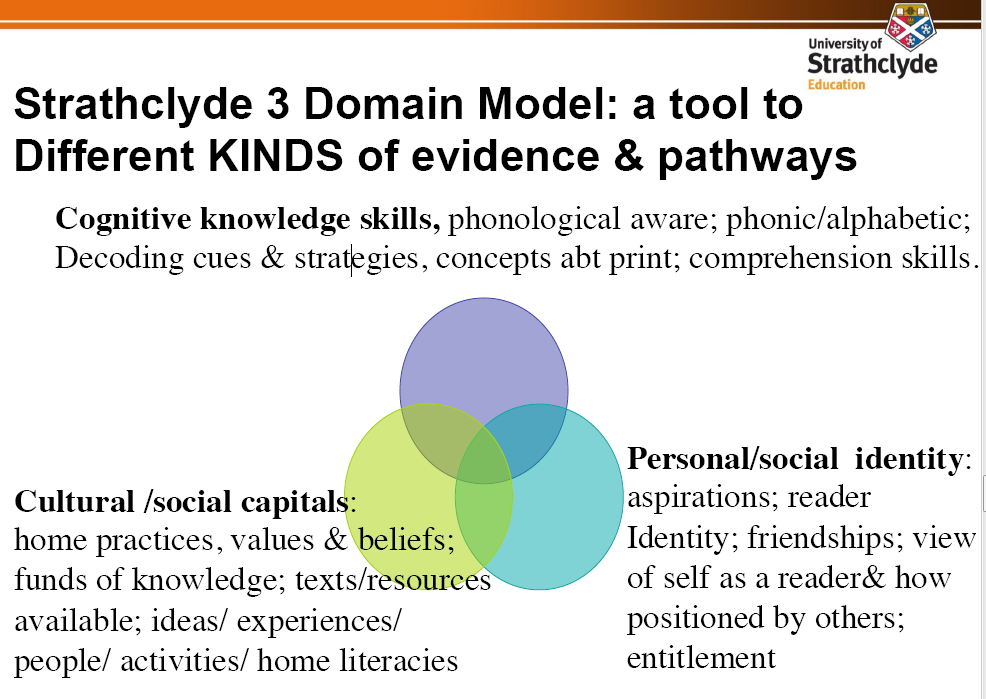
This quote fits well with Sue/Strathclyde University development of the “3 domain model” – to help educators recognise the interdependence of each domain, and to demonstrate that focusing on any one alone in our teaching of literacy is not enough.
“The pedagogy of poverty does not work. Youngsters achieve neither a minimum level of life skills nor what they are capable of learning. The classroom atmosphere created by constant teacher direction and student compliance seethes with passive resentment that sometimes bubbles up into overt resistance. Teachers burn out because of the emotional and physical energy that they must expend to maintain their authority every hour of everyday.”
What intrinsic messages does our current curriculum send about literacy – might we have overlooked negative messages for pupils which do not fit their cultural context? Have we considered how to bridge the intellectual, social and emotional domains for pupils? Are we using the flexibility of Curriculum for Excellence to reflect upon and choose the best literacy approaches for our pupils?

Sue powerfully promoted reading to secondary pupils daily also – particularly so that they become familiar with the different types and conventions of each subject’s texts and social practices.
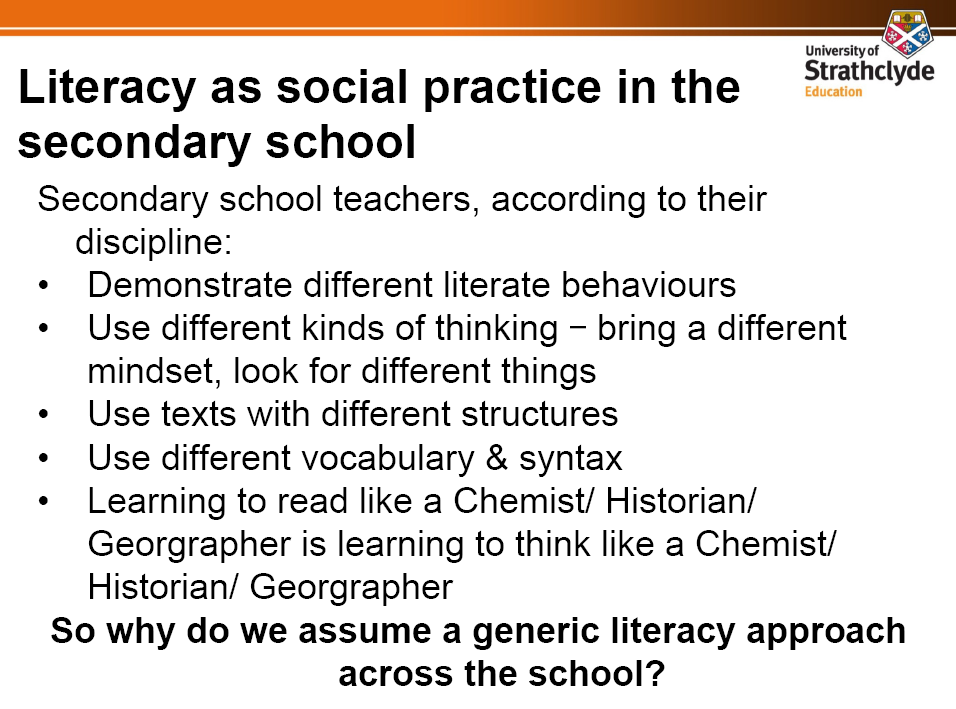
Would adopting a less generic literacy approach across secondary departments strengthen pupil understanding of literacy as a social practice which is essential to all aspects of their lives now and in the future regardless of the discipline they opt to follow?
“There is no “one” literacy but many disciplinary literacies.” (Ellis 2018)
How to effectively bridge between life and school?
- Values around books & reading – beliefs about why we read; ideas of what’s reading about.
- Show don’t tell: spaces to learn that books are relaxing, social, good fun.
- Use what children know about the world- the kinds of knowledge they have to bring, and ensure the bookstock embraces it, attend to how it makes them feel
- Knowledge/skills and experiences for reading: the ‘reading scheme’ is not enough!
Sue challenged current practice by exploring the ethics of differentiation, including the use of broad banding or setting pupils for literacy. If the pathway to impact is best coming from (or being bridged by) the cultural and personal domains, then we should not talk/think about able/less able readers – but about experienced and inexperienced readers. She agreed that data is needed to inform the most valuable interventions, but proposed careful consideration and “problematization” of what sort might be best – proposing that SNSA data is valuable when combined with teacher judgement and other evidence to inform the best next steps for learners.
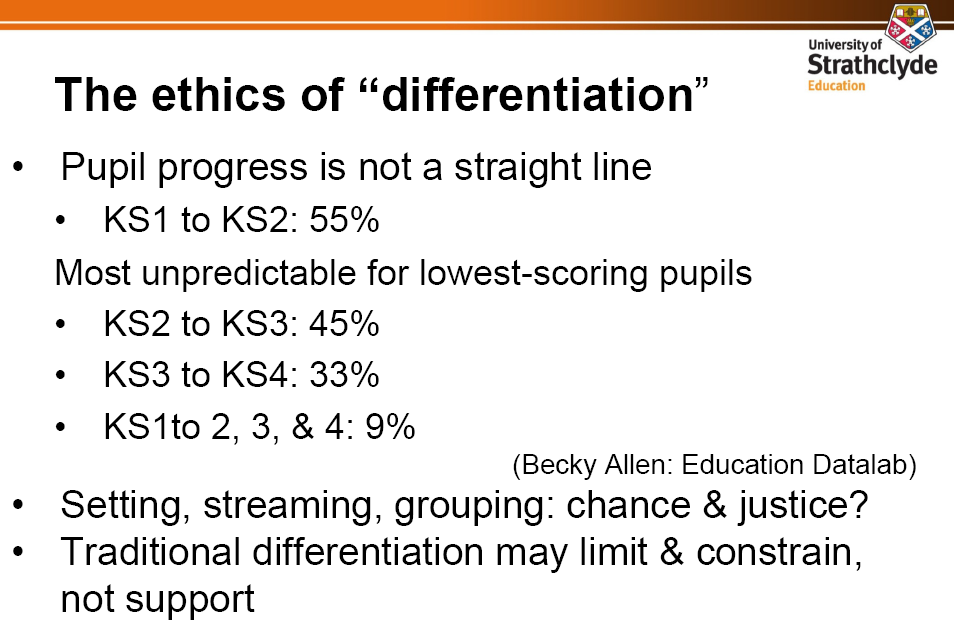
Sue then asked us to question how we use this data – to what extent does it actually predict future achievements? She emphasised that pupil progress is not linear & shared research which suggests that teachers tend to teach to predictions – thereby imposing a ceiling on pupils’ learning. The slide above shows the percentage of pupils (England) whose test scores accurately reflected actual future achievements! Across all levels, 91% of pupils under or over-shot their predicted attainment score. (Becky Allen: Datalab) Sue expressed doubts about the predictive capacity of testing, suggesting that longer term studies are required but in the meantime, we should strive to do no further harm – but take time to consider current policy and practice regarding setting, streaming, grouping and whether traditional differentiation actually limits and constrains rather than supports and helps learners grow.
Returning to the 3 domains, Sue concluded with the bullet list in the slide below.

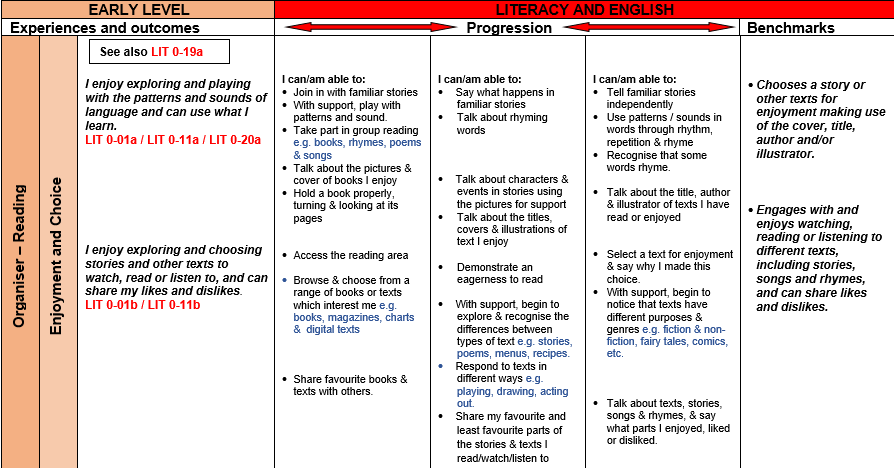
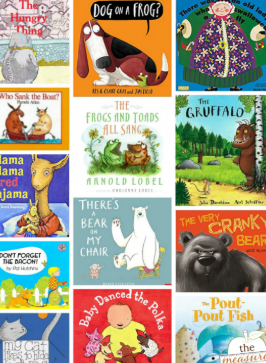
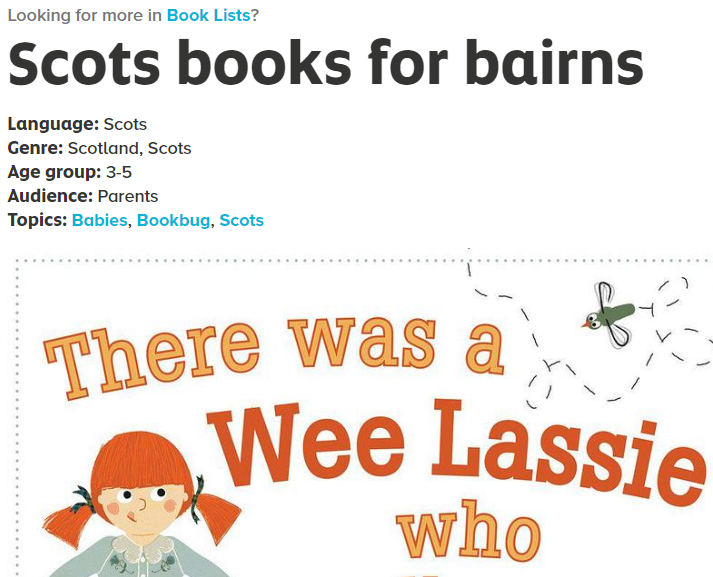

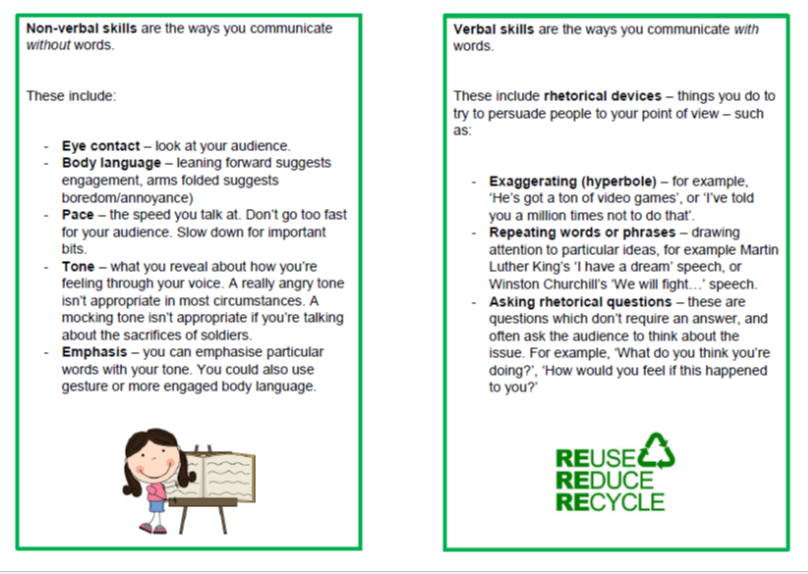
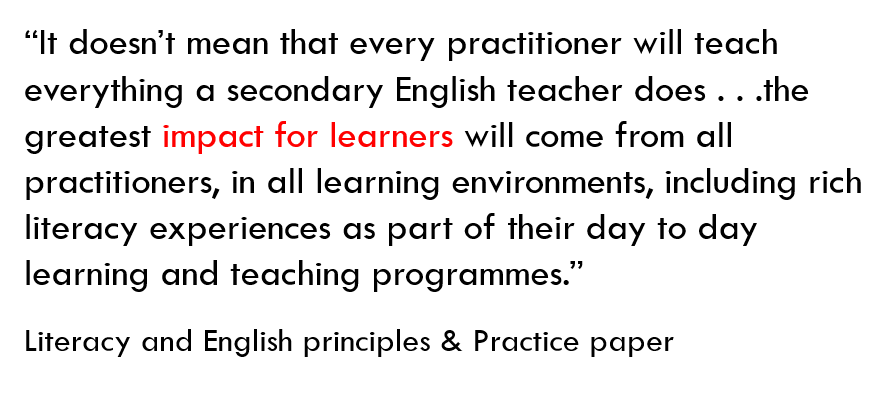
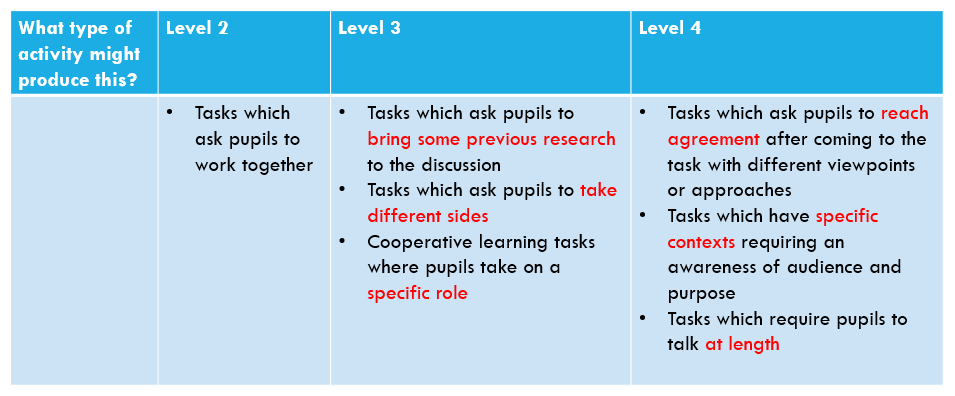
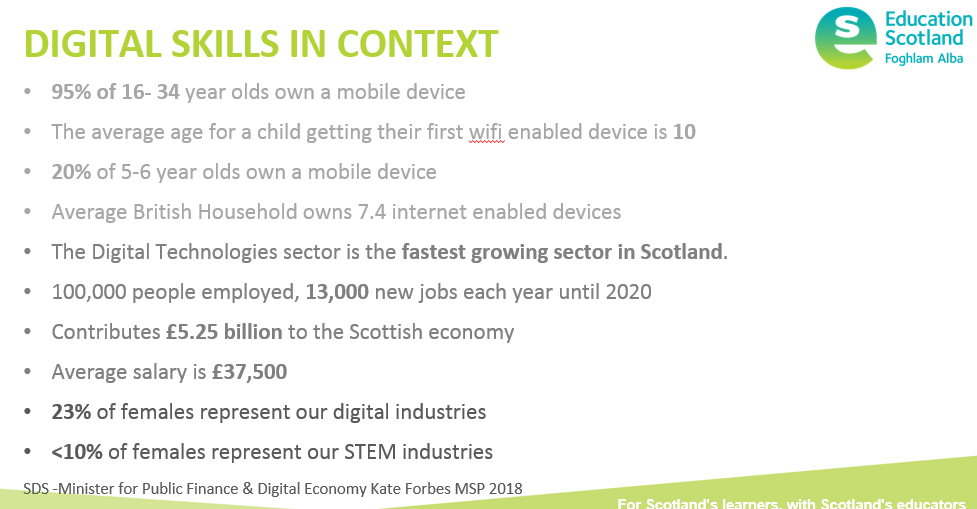
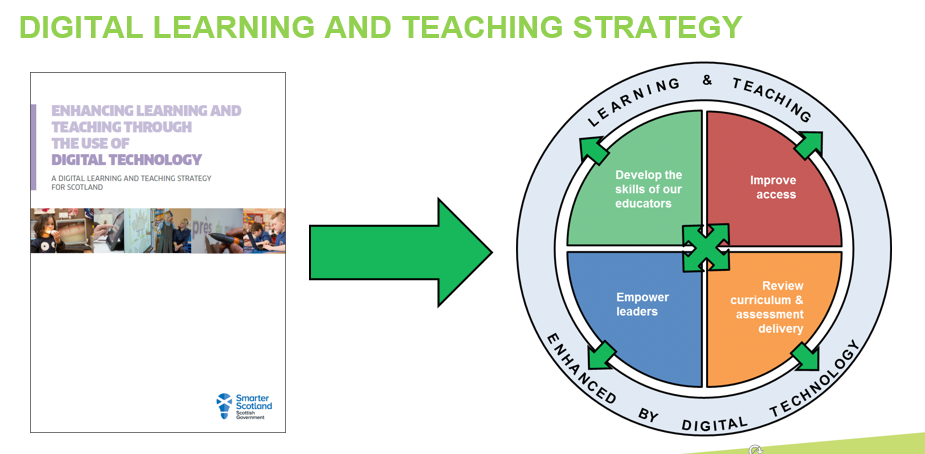
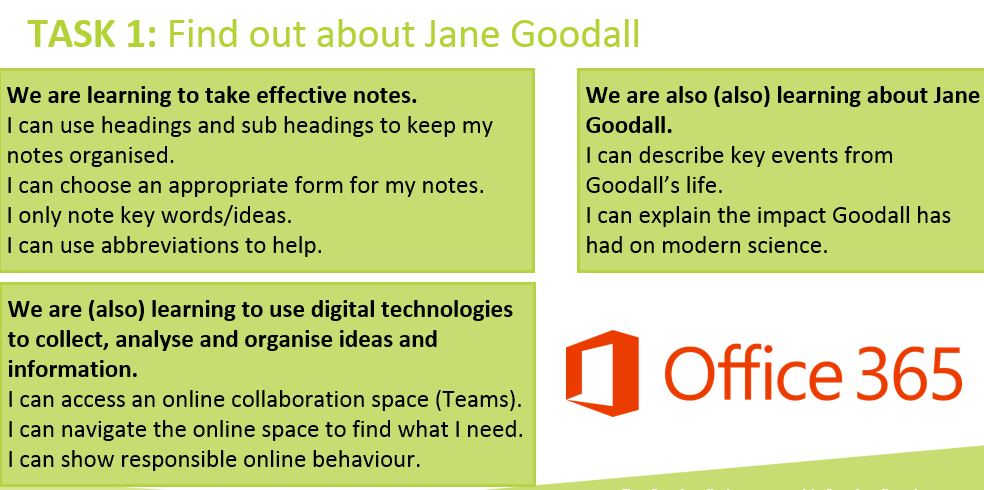 Click
Click 